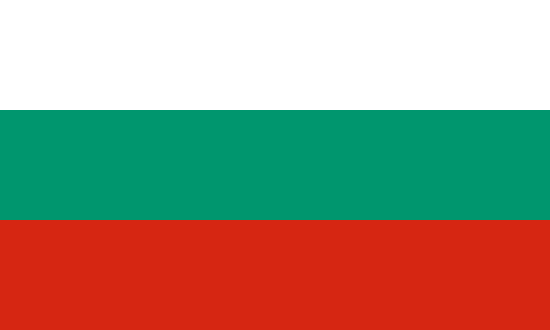"Градът на розите и тракийските царе | The city of roses and Thracian Kings"
About:
Kazanlak, a Bulgarian town, was founded around the end of the 4th century BC as a Thracian settlement, Seuthopolis. It was later conquered by Romans, Byzantines, and Ottomans. In the 19th century, Kazanlak became a center of the Bulgarian Revival. Post-Liberation, it developed into a key industrial hub. Today, it's known for the Kazanlak Tomb, a UNESCO World Heritage site, and the Rose Festival, celebrating its rose oil production. It remains a significant cultural and economic center in Bulgaria.
When to visit:
Kazanlak, located in central Bulgaria, is most famous for its annual Rose Festival held in early June. This vibrant celebration showcases the region's rich rose-growing heritage and features colorful parades, traditional music and dance performances, and the crowning of the Rose Queen. Visitors can immerse themselves in the beauty of the blooming rose fields and participate in various cultural activities during this festive time. For a truly memorable experience, plan your visit to Kazanlak during the Rose Festival to witness the town come alive with the sights and scents of its prized flower.
When to avoid:
The worst time to travel to Kazanlak, Bulgaria, on a holiday is during the winter months of December to February. The region experiences cold temperatures and frequent snowfall during this time, which can disrupt travel plans and limit outdoor activities. Additionally, many tourist attractions and outdoor sites may be closed or have limited hours during the winter season. Travelers seeking to experience the beauty of Kazanlak's famed rose fields and Thracian tombs are advised to visit during the warmer months of late spring to early autumn for a more enjoyable and vibrant travel experience.
Winter (December-February)
In Kazanlak, Bulgaria, winter is the coldest and often the wettest portion of the year, with temperatures ranging from -4°C to 3°C. Snowfall is common, and the region experiences an average of 40-45mm of precipitation per month. Days are short with only 2-3 hours of sunlight, and cloud cover is substantial. An average day for a visitor might involve bracing the chill and exploring the town's historical sites, or enjoying the indoor attractions like the Thracian Tomb. It's a time of quiet beauty, but pack warm and waterproof clothing!
"Summer (June-August)"
In Kazanlak, Bulgaria, the warmest part of the year is from June to August, during the summer season. The average high temperatures during this period range from 25°C (77°F) to 30°C (86°F). Rainfall is relatively moderate, with an average of 60-70mm per month, although unexpected showers can occur.
The region experiences approximately 14-15 hours of daylight per day in the summer, providing plenty of sunlight for outdoor activities. Humidity levels are generally low to moderate, typically around 50-60%, making the heat more bearable. Cloudiness varies, but summer days are often clear or partly cloudy.
A typical day for a visitor during this season feels warm and sunny, ideal for exploring the city's historical sites or enjoying the famous Rose Festival in early June. The evenings are pleasantly cool, perfect for leisurely strolls. While occasional summer rain showers may occur, they usually don't last long and often provide a refreshing break from the summer heat.
Language:
In Kazanlak, Bulgaria, the most commonly spoken language is Bulgarian. This South Slavic language is the official language of the country and is spoken by the majority of the population. Additionally, English and Russian are also widely spoken, especially among the younger generation and in the tourism industry. Other languages such as Turkish and Romani are spoken by minority groups in the region.




